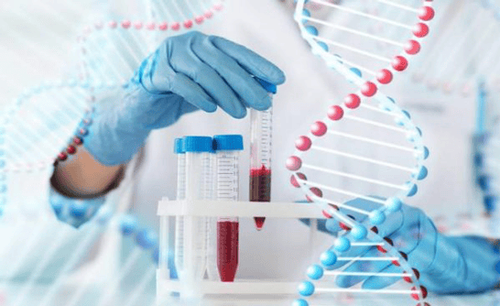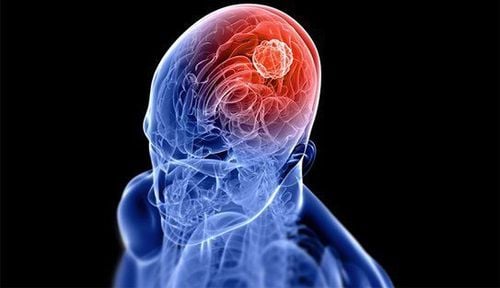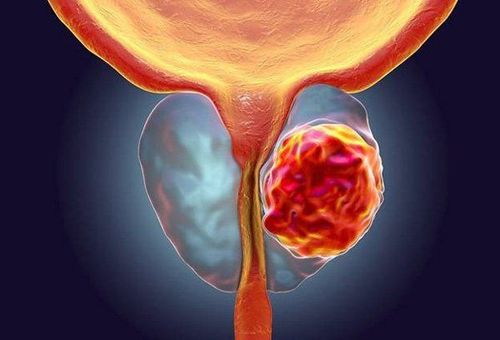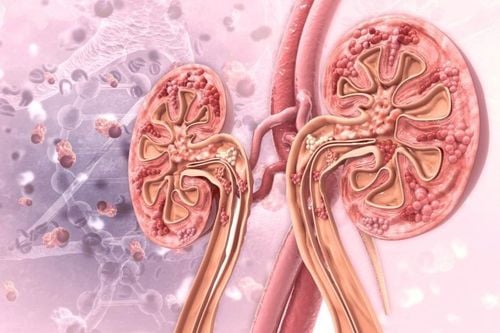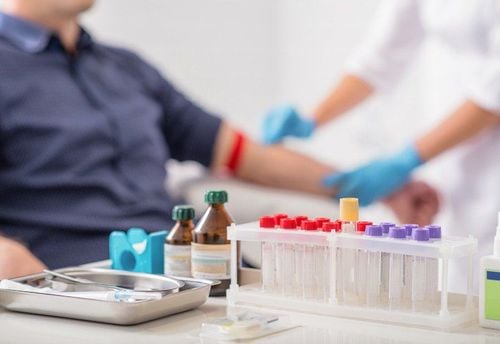This is an automatically translated article.
Article by Dr. Dam Thi Minh Phuong - Medical Specialist - Stem Cells and Immune Cells at Research Department - Vinmec Stem Cell and Gene Technology Research Institute
Breast cancer is the most common malignancy in women with a significantly increased incidence during the reproductive period. However, based on the latest anti-cancer target drugs, the treatments have been more successful in curing the disease especially in young patients, thus increasing the motherhood of these diseases. breast cancer patients.
1. What is breast cancer?
Breast cancer is a common disease in women, second only to skin cancer, appearing when malignant cells attack tissue in 1 or 2 of the patient's breast, as the disease progresses, abnormal cells develop. The tumor usually will not stop growing and is very difficult to control, if not treated in time, the tumor can spread to other parts of the body.
Any person is at risk for breast cancer, the first warning signs of breast cancer may be just small lymph nodes in the armpit, or in the chest, some other common signs may be found in breast cancer patients include:
Swelling in the breast Spots in the skin of the breast Pain in the breast or nipple Instead of protrusion, the nipple turns inward The skin on the breast or nipple is red, flaky, with scabs or thicker than normal nipple discharge or bleeding
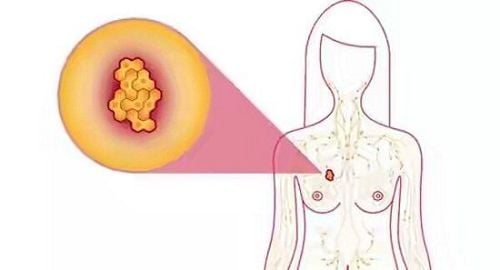
Bệnh ung thư vú cần được điều trị sớm
2. New update related to infertility treatment
Due to the effectiveness of breast cancer treatment, early depletion of follicular reserve occurs in one third of patients resulting in permanent infertility. To prevent cancer treatment-related infertility (CTRI), there are now many options that can be used. Besides ovarian suppression with a gonadotropin-releasing hormone (GnRHa) agonist, other methods including oocyte or embryo freezing as well as partial ovary cryopreservation are currently being used prior to the procedure. anti-cancer treatment.
These modern techniques appear to be successful in terms of pregnancy rates although there are concerns about their safety as there is still controversy over whether hormonal stimulation to promote Folliculogenesis is associated with carcinogenic risk in patients with hormone-sensitive tumours such as breast cancer, whereas reimplantation of frozen ovarian cortex often results in a large number of cysts. Low egg regeneration including unknown oocyte quality. Recent studies on ovarian stem cells (OSCs) show their potential applications in the future in cancer treatment related to infertility treatment.
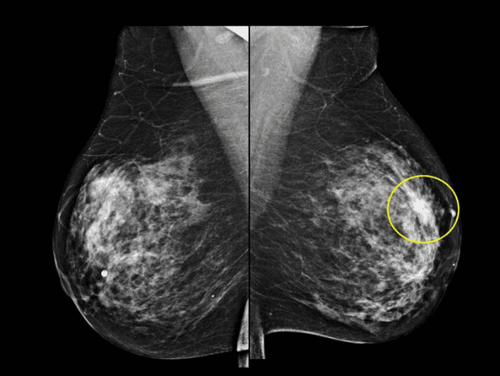
Hình ảnh ung thư vú trên phim Xquang
In fact, OSC stem cells from ovarian cortex have been shown to differentiate in vitro into oocyte-like cells (OLCs) and to express mature oocyte molecular markers Fort. As OSC technology is optimized and transitioned to clinical application, the oocytes derived from these cells will be molecularly evaluated prior to fertilization to ensure the best embryo quality using a standardized procedure. A safety program for cancer treatment related to infertility treatment in young women with breast cancer.
At Vinmec International General Hospital, there is a Breast Cancer Screening Package to help detect breast cancer early even when there are no symptoms.
Breast cancer screening package at Vinmec for the following subjects:
Female customers, over 40 years old. Customers wishing to be able to screen for breast cancer Customers are at high risk of cancer – especially customers with a family history of breast cancer. Women of reproductive age, perimenopause and menopause. Women who are having symptoms of breast cancer, such as: pain in the breast, lump in the breast, etc. To register for examination and treatment at Vinmec International General Hospital, you can contact the Health System. Vinmec nationwide, or register online HERE.
Recommended video:
Cancer screening: Methods for early detection of disease, reducing treatment costs and cancer mortality
SEE MORE
Where does breast cancer metastasize? To which organs does breast cancer usually metastasize? Prognosis of survival of breast cancer patients by stage






